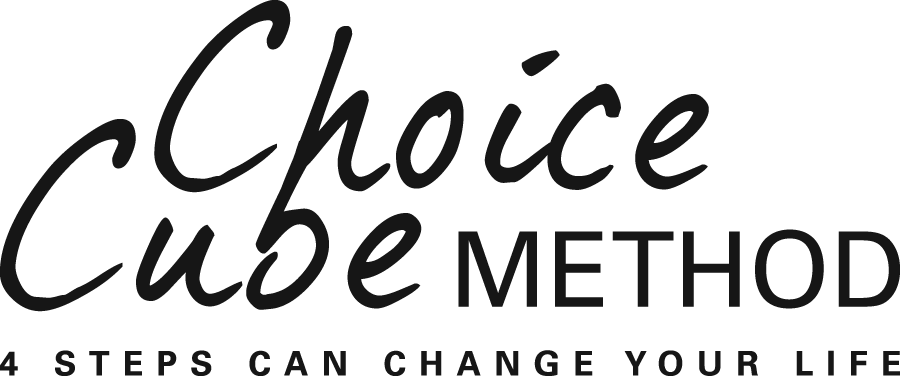Might As Well Face It, You’re Addicted to…Emotions?
/Our bodies can become addicted to emotions
The latest in brain research shows that every emotion we feel causes our bodies to release neuropeptides, in other words, proteins that are responsible for regulating our health, mood and behavior.
Here's how Whenever we feel an emotion often enough, specific cell receptors start demanding the neuropeptides associated with that emotion. We soon feel compelled to recreate this emotion. For example, we may be addicted to feeling safe and so we are always on the lookout for ways to recreate this feeling – we cuddle in a warm blanket for hours, seek out others for warm hugs, etc…
That doesn’t sound too bad, does it? But happens when we are addicted to negative emotions like anger, and seek any excuse to be angry because our bodies need this neuropeptide fix?
We have a problem
The more we repeat a negative emotion, the more we strengthen and reinforce it. But there’s also good news. We can train ourselves to recognize and express negative emotions and release them in an appropriate way. And each time we interrupt and release an emotion appropriately (without hurting ourselves or others), we weaken it and make way for more positive emotions to replace it
It’s a matter of choice
Are we willing to face this ugly monster and learn how to stop this dead in its tracks? Are we ready to train ourselves to release its emotional negative charge in order to replace it with a positive emotion? In contrast, are we just going to let it fly or try to avoid it and settle for short-term relief–a temporary fix–because we need it so badly that we don’t care if we’re only making it stronger?
We’re not talking supression of emotions!
Just to clarify. The goal is not to suppress negative emotions. We must interrupt them, express them, and release them in an appropriate manner, in other words one that won’t hurt others or ourselves. There’s no room for negotiation or bargaining. Negative emotions must be interrupted in an appropriate way or we will only reinforce or strengthen them.
Want to find out more about how exactly these negative emotions are interrupted and released? In her book, Become the Person You Were Meant to Be, Dr. Beth Cujé sets forth tools and steps to help you do just that.Download its first chapter for FREE and get an idea of what the Choice-Cube Method can do for you. You can retrain yourself, change and grow, and engage life more fully.


